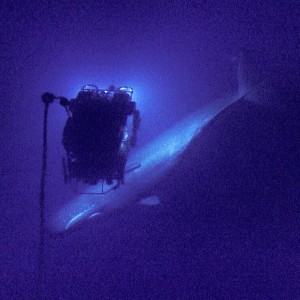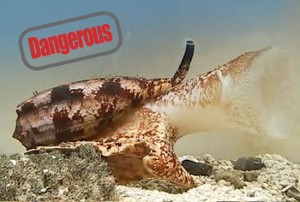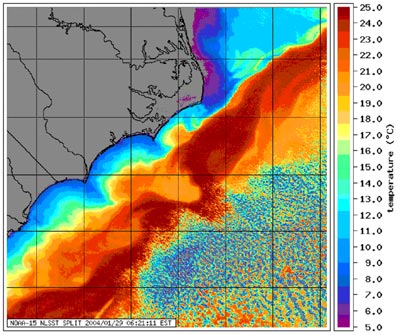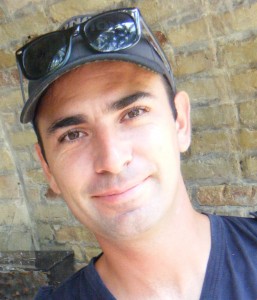You’ve been there before. You are sitting or standing around and get a mental sensation that you need to “pop your knuckles”. A swift squeeze of your fingers and the tension is relieved. Crisis averted. But why do knuckles make that popping sound when you crack them? If questions like this keep you up at night… maybe you need to reevaluate your priorities. But, if the start of this article has piqued your interest, you will be pleased to know that a a team of researchers, led by the University of Alberta Faculty of Rehabilitation Medicine, have confirmed the reasons for knuckle popping.

The metocarpophaangeal (MCP) joint of interest centred over the bore of the radiofrequency coil (middle). The participant’s hand within the imaging magnet (right). (Photo credit: Kawchuck et al. 2015, PLoS ONE)





![Healthy Pretopod shell (left) and degraded Pteropod shell due to ocean acidification (right). (Photo credit: NOAA [climate.gov])](https://www.southernfriedscience.com/wp-content/uploads/2015/02/Pteropods-300x152.jpg)
